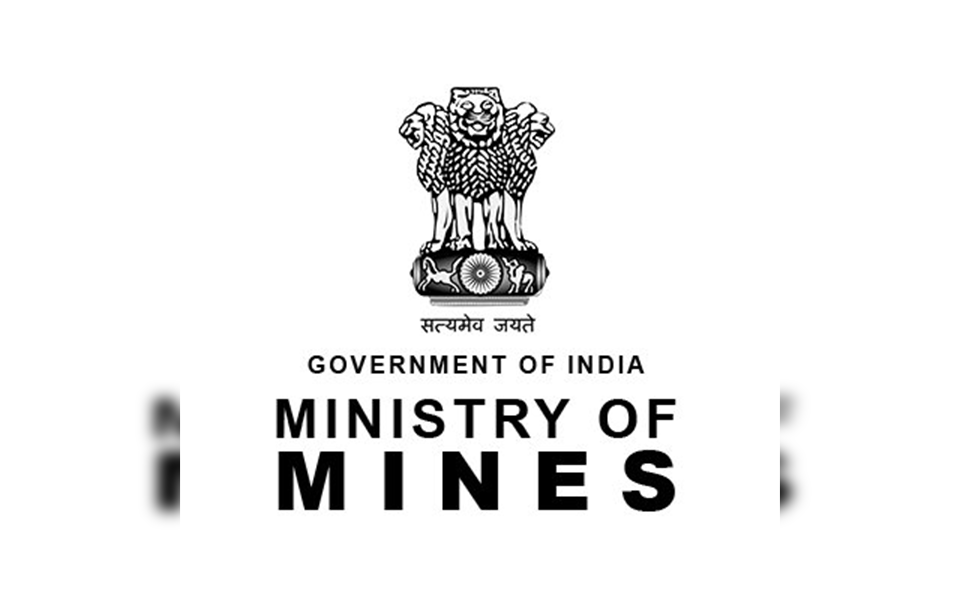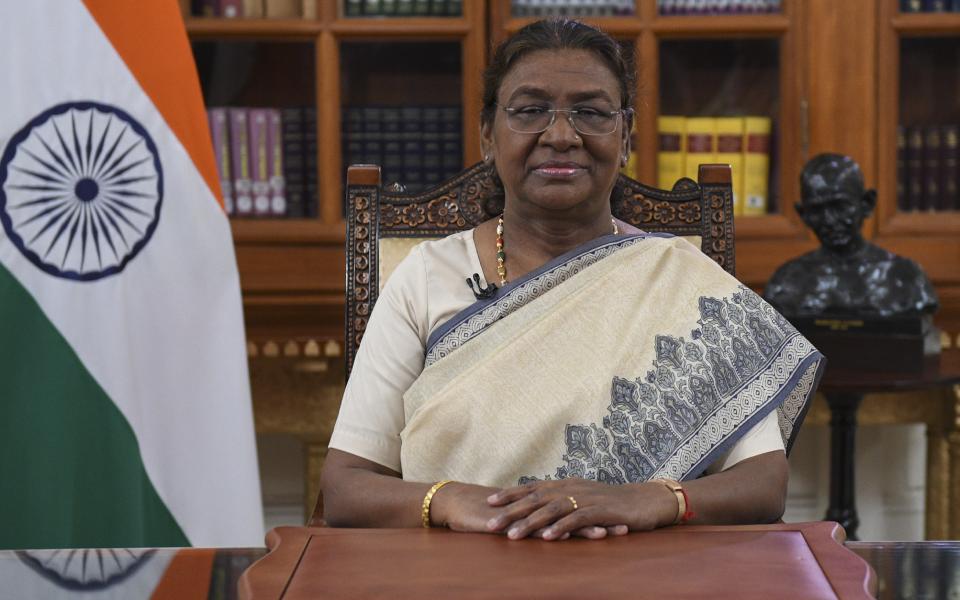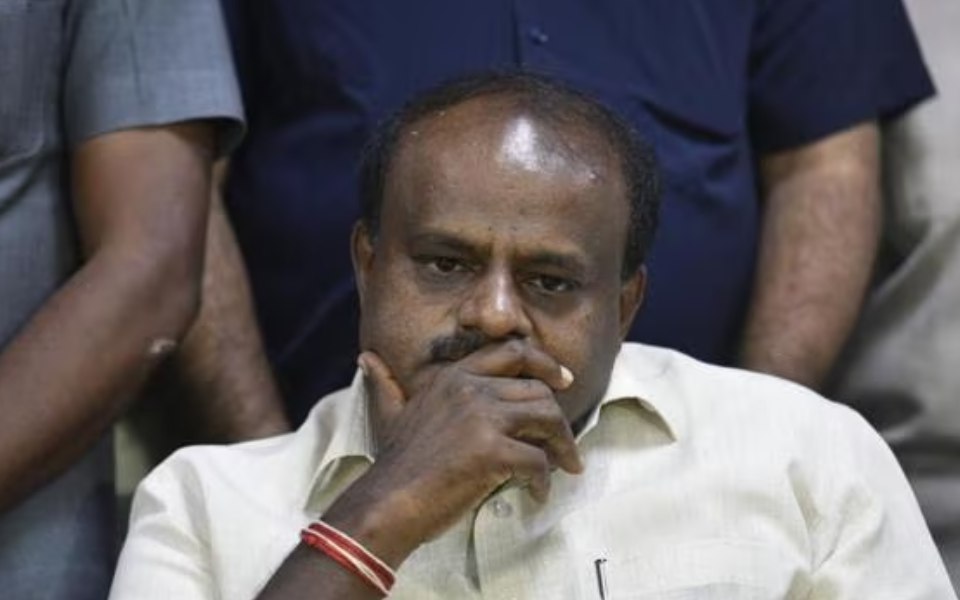New Delhi, Aug 17 : The government is giving final touches to the draft National Mineral Policy and is likely to announce it within two months, a Mines Ministry official said on Friday.
"The new policy aims to give a big boost to exploration activities. In three to five years, the exploration of minerals should gather momentum and double every year," Mines Joint Secretary Bipul Pathak said.
Pathak was speaking at a National Summit on Mineral Exploration and Sustainability, organised by industry body Ficci and International Institute of Corporate Sustainability and Responsibility (IICSR).
Responding to industry's concern over high taxes, the new policy will take cognisance of the recommendations on royalties and other levies to put a liberal regime in place, he said.
Pathak urged the private sector to step up investment in mineral exploration and assured industry that the government will extend financial and other support to junior exploration companies developed by the private sector.
Explaining the reasons for the lack of private investment in the sector, Vedanta Director Kishore Kumar called for making exploration blocks sustainable through offer of larger blocks and mining rights to companies doing reconnaissance work.
Making available technology and equipment developed indigenously to explorers and benchmarking of taxation with international norms were the other requests made by Kumar.
Essel Mining and Industries MD and Ficci Mining Committee Chair Tuhin Mukherjee stressed the need to develop a sustainability framework at the planning stage itself and called for introspection on the need to open mines wherever minerals were available.
Advocating for sustainable mining, IICSR Founder Harsha Mukherjee said the day is not far when the country's progress will be measured in terms of sustainable domestic production rather than its Gross Domestic Product.
Geological Survey of India Director General Dinesh Gupta spoke of the opportunities and challenges in expediting mineral exploration in the country.
Let the Truth be known. If you read VB and like VB, please be a VB Supporter and Help us deliver the Truth to one and all.
Mathura(UP), Apr 5 (PTI): A retired Army colonel from Haryana has filed a police complaint here, alleging that he was held hostage, assaulted, looted and forced to participate in an "obscene video" at gunpoint with a woman he met through a matrimonial website, police said on Saturday.
The woman from Mathura, who was allegedly in on the plan to rob him, was working with other accomplices, the ex-armyman said in his complaint filed on Thursday.
According to Barsana Station House Officer (SHO) Raj Kamal Singh, Colonel Rajneesh Soni (retired), a resident of Gurugram, reported that he was contacted by a woman from Barsana on a matrimonial website in January. The woman allegedly agreed to marry him, and they began communicating.
The woman allegedly persuaded the colonel to visit Barsana on January 25, requesting that he visit the Radharani temple. When he arrived, she arranged for his stay at a guest house and took him on a tour of the area, including a visit to the temple, the complainant said.
After returning to the guest house, the woman and her accomplices allegedly told the colonel that her brother had been involved in an accident and they needed to leave immediately. They then led him to a waiting car.
"Once outside the town limits, the colonel alleges that he was attacked by the occupants of the car. They seized his phone, physically assaulted him, and forced him to contact relatives and friends to transfer money," the SHO said.
"He was then taken back to the guest house, where he was allegedly forced to participate in obscene videos and photographs at gunpoint. He was threatened that the videos would be made public if he reported the incident," the officer said.
The colonel has alleged that his purse, bag, gold chain, debit card and Rs. 12,000 in cash were stolen from the guest house.
After an unsuccessful attempt at locating the perpetrators himself, the colonel finally reported the incident to the Barsana police two days ago, he said.
"A case has been registered under relevant sections of the BNS and all facts are being investigated. Further action will be taken as per facts found in the investigation," the SHO said.





